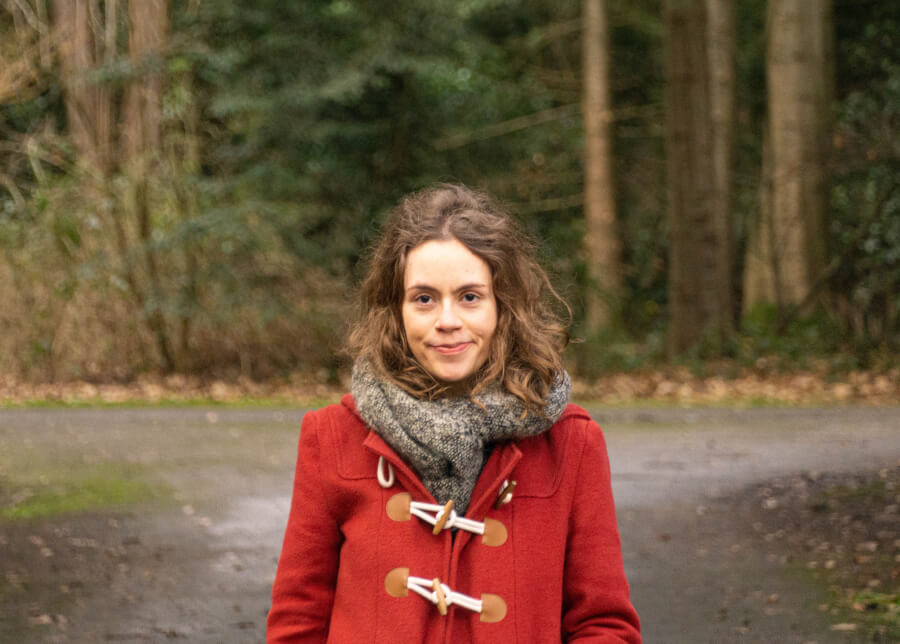Dimitra Dritsa is a Postdoctoral Researcher at Eindhoven University of Technology, Department of Industrial Design. She has an interdisciplinary background, with expertise in design and data science. She holds a PhD from University of Technology Sydney on enhancing urban health and wellbeing using physiological data from wearables, an MSc in Architecture (focusing on computational design and interactive architecture in the Hyperbody group) from TU Delft, and an MSc in Architecture Engineering from NTUA.
Motivated by recent advances in AI and the development of sensors that allow the longitudinal collection of behavioural data in the wild, she explores how such data and AI outputs can become design material. While designers have always been using data to inform the design process, designers often lack expertise in data analysis and visualisation methods. Algorithms also have agency; algorithmic outputs are frequently affected by issues related to bias, and often differ from subjective user experience, creating tensions and mistrust in user-data interaction and difficulties when combining related subjective and objective data sources. Furthermore, while contemporary data-driven approaches to ethnography allow designers to understand the richness of user behaviour related to the problem they explore, ethics and privacy issues related to personal data complicate data collection. Her current research explores these problems by designing algorithmic methods for combining subjective and objective data, investigating the experiential qualities and context behind data errors, designing methods that support exploratory data analysis (such as visualization tools), understanding how different sources of uncertainty affect how designers make sense of data, and designing mapping data needs early in the design process. She has particular expertise in analysing - and designing with - data related to wellbeing, and has been involved in the research and management of several funded projects in EU and Australia, such as Inno4Health and Fairwater Living Lab.

